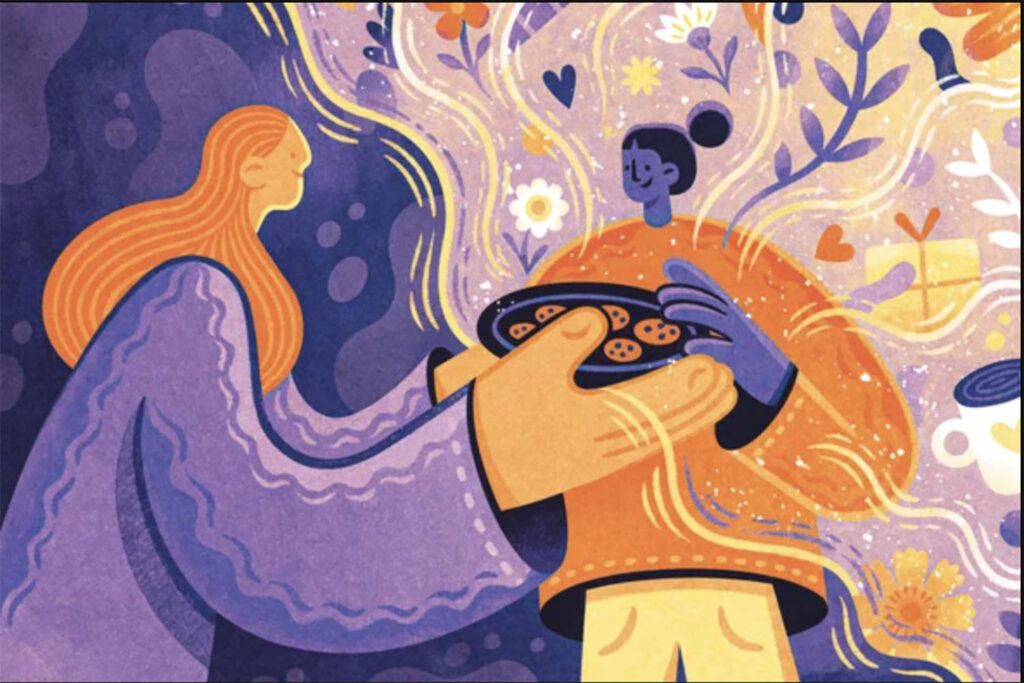By Sophie Roback, Alliance Intern from Colorado College ’24
How many times can you recall when a small act of kindness from a stranger or friend dramatically improved your day? We all know how deeply that feeling affects us, and research underscores its significance. A recent study on kindness in the Journal of Experimental Psychology has found we are not fully appreciating the impact of our kind actions on others, ourselves, and those observing the actions. According to Scientific American, this study shows that receivers of kindness feel consistently better than expected by those performing the kind action.
Researchers believe that by undervaluing the effects of kindness, people are less motivated to perform kind acts. Psychologist Marisa Franco states, “We have this negativity bias when it comes to social connection. We just don’t think the positive impact of our behaviors is as positive as it is,” according to the NY Times. We overthink when we get a simple thought to be kind and need to act more on these positive impulses. Kindness does not need to be difficult. Consider using your skills to promote kindness, thereby inspiring others to do the same.
After reading the NY Times article, I found myself captivated by the comment section made up of around 1000 comments describing random acts of kindness that have made a difference in the lives of these individuals. Some comments described events that happened over 30 years ago that they still remember to this day: people described strangers paying for them when they were short, helping them when they were lost in a new place, and simply offering friendly words of encouragement.
While those performing acts of kindness might consider their actions to be small and unimportant, recipients of kindness often “consider the gesture to be significantly more meaningful because they are also thinking about the fact that someone did something nice for them,” states Dr. Kumar in the NY Times.

